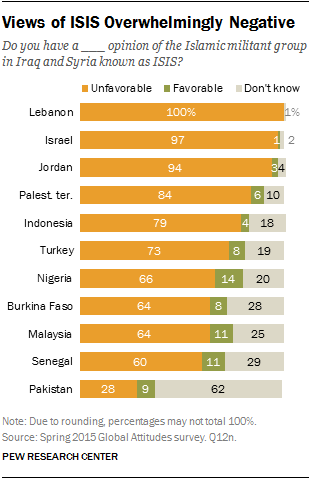(Update: Thanks to alert reader Fez for pointing out that 20% alcohol by volume is 40 proof, not 80. Oops. This somewhat mitigates, but doesn’t invalidate the rest of my points.)
We all know, of course, that the whole point of homeopathic remedies is that there’s no active ingredient in the bottle. So you might think, so who cares if people take this stuff? Either it’s just water and they’re not doing any harm, or else there’s something to this whole homeopathy thing, and they’re maybe doing some good. Except, of course, who knows what else is in the bottle?
Enter Yvette d’Entremont, who goes by SciBabe. I came across this news story of how she found a bottle of homeopathic laxative at a CVS drugstore that contained an obscene amount of alcohol. Go watch that.
I don’t know d’Entremont, so I thought I’d see if I could find this online, and what do you know?

Wow. The ingredient list is right there: 20% ethanol, and water. That’s 8040-proof white lightning right there.
And it turns out that the CVS house brand isn’t the only one that sells hooch in a medicine bottle: Nova has this “throat complex” that lists “20% USP alcohol by volume”.
Oh, and this “Bloating Complex”, whatever that is. And this And this. And this. Basically, just about every bottle of orally-ingestible fluid from Nova that I saw listed in CVS’s web store was one-fifth alcohol.
I also liked Liddell’s claim that their homeopathic pain-killer is “20% Organic Alcohol”. As a Russian, I can’t disagree that a shot of 80- 40-proof will numb what ails you. As for the “organic” part, all alcohols have carbon atoms, and are therefore organic. Even the ones that’ll make you go blind or kill you.
I feel compelled to point out that if you’re under 21 and want to buy booze without getting carded, the stuff above retails for $8-$19 an ounce. By comparison, you can find 80-proof Mr. Boston vodka (Seriously? Someone thought “Mr. Boston” was a good name for vodka?) sells for $7 a bottle, which works out to 27 cents per ounce. Even fancy Stolichnaya works out to 63 cents an ounce.
(Update, from above: 40 proof would be your schnapps and brandies, some rums and tequilas.)
Now, I’m not going to criticize people who make an informed decision to drink themselves into an expensive stupor, if they so choose. But what about feeding it to someone who can’t give informed consent? I’m so glad you asked.
From what I saw, the homeopathic remedies aimed at toddlers and babies (yes, there is such a thing, because people suck) don’t seem to contain alcohol, and some of them prominently advertise this right on the label. So that’s ok— wait, what’s this?
Why, it appears to be a homeopathic substance aimed at animals (see “people suck”, above). Like the others, it’s 20% alcohol, or 80 40 proof. Should we give this to the nice German shepherd pictured on the label? My money’s on “not the smartest idea in the world”, but that’s just me.
And finally, there’s this abomination, also from HomeoPet, also 80 40 proof, except apparently you’re supposed to put it on your pet’s nose. Your furry friend whose sense of smell is a kajllion times more acute than yours. Yeah, if you think that’s a good idea, maybe you should stick your face in a bowl of chopped onions for half an hour.


